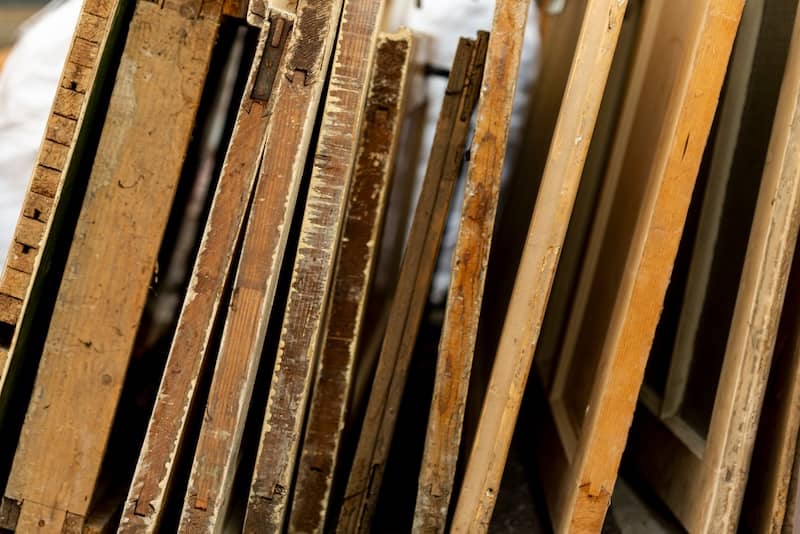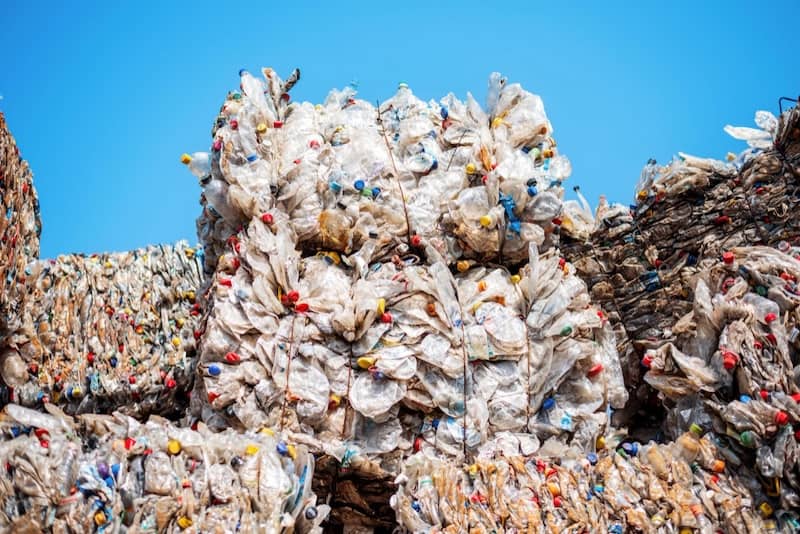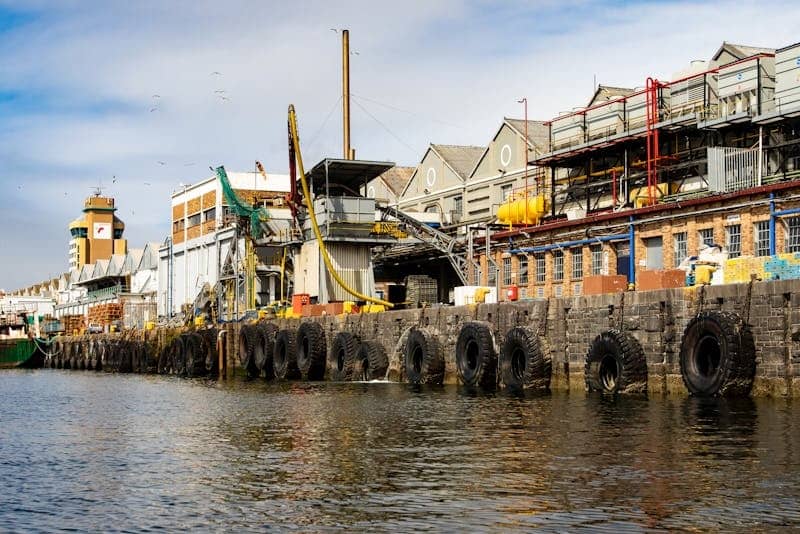Tire recycling is a serious global concern. Scrap tires take up far too much space, they can spawn devastating tire fires that burn for weeks or even months when stored together in large numbers, and they leach chemicals into soil and groundwater. Recycling is an absolute necessity, but not easily done. Most developed countries have produced millions of scrap tires (at the very least), and many developing country are either already there or well on their way to having a similar massive recycling problem on their hands.
Scrap tires also provide perfect breeding grounds for mosquitoes. Mosquitoes are bad enough in the US, but it’s fairly rare for them to carry disease. Not so in South American countries, especially those sitting so close to the equator, like Venezuela. Mosquitoes easily flourish there without the extra help of stagnant rainwater sitting in old tires, and these mosquitoes’ bites pack some infamously nasty diseases, including Zika virus and malaria.
Malaria had completely disappeared from Venezuela for half a century, but it has come back with a vengeance in recent years, with nearly 23,000 cases reported in spring of 2014 alone. The vast majority of the country is still labeled as a malaria transmission area by the CDC today, despite efforts to reduce the mosquito populations. New tire recycling efforts in Venezuela will help to bring the mosquito populations down further and eliminate the threat of these viruses.
Sharing the Solution
The global nature of the scrap tire problem is why it’s so critical for companies like Eco Green to take their high-powered shredding machinery into the worldwide market and act as leaders in the tire recycling industry. Which is exactly what Eco Green has been doing since 2008, when we first started working with Latin American companies.
Now, instead of being leaders in the awful race towards having the biggest, most dangerous tire stockpile, developed countries can use the crumb rubber coming out of ECO Crumblers to pave the way towards legitimate green solutions.
That doesn’t mean it’s easy. Doing business across borders can be delicate and challenging even in times of economic growth and prosperity. During periods of unrest, many companies prefer to retreat to comfortable home territory and not risk losing profit or getting tangled up in international politics. Eco Green Equipment is not one of those companies.
Why Venezuela?
Latin America is home to some of Eco Green’s oldest international customers, and that includes Venezuela, where we’re still going strong in spite of the economic upheaval caused by falling oil prices and the conflict surrounding the Maduro regime.
Several big-name US companies, such as Bridgestone, General Mills, Ford Motor Co., General Motors, Kimberly-Clark, and Procter & Gamble have all scaled back their operations in Venezuela because of the political and economic instability, hyperinflation, and the tendency of the socialist government to seize their local facilities and assets.
However, Eco Green hasn’t been conducting its business with Venezuela in the same way. These companies had factories and plants in the country, and this level of investment is a large part of what made them vulnerable. Eco Green does not maintain operations in Venezuela, it merely sells tire shredding equipment to Venezuelan companies. One such company we’d like to focus on is Eco Transformadora de Gomas.
Eco Transformadora de Gomas
With seven of its cities ranking 49th, 34th, 24th, 20th, 7th, 5th, and 1st on a list of the world’s most dangerous cities, Venezuela is certainly a scary place to be overall, but the city of Turmero and the neighboring state capital Maracay are nowhere on that list. Turmero is home to Transformadora de Gomas and their booming tire recycling plant.
This Venezuelan company’s stated purpose is to collect, recycle, and transform out-of-use tires. They encourage other entrepreneurs to encourage waste recycling across their country, and they have a vision to “develop a model of social contribution through the installation of a tire recycling plant in Aragua state.” Furthermore, they want to see the recycled tires all the way to their new destination, whether that be playground equipment and surface, turf for sports fields, floor slabs, or a number of other applications.
Transformadora de Gomas is not a new customer. Almost three years ago, they purchased an ECO Crumbler Granulator, and they’ve been adding to their operation ever since. They now own a complete lineup of Eco Green’s machines, including the ECO Krumbuster® System, an ECO Green Giant, and a second ECO Crumbler Granulator. They are able to process used car and truck tires at an average rate of 750 per hour.
Until halfway through 2016 when a mining company opened one in Colombia, there wasn’t a large-scale tire recycling operation anywhere in South America. With the tire shredding equipment bought from Eco Green, Transformadora de Gomas has added another plant to the map, one that our own CEO, Brad Swenson, acknowledges as “one of the best tire recycling facilities [he’s] been in.” He anticipates doing further business with Transformadora de Gomas as demand for shredded tires and crumb rubber continues to grow. Eurek Adrian, owner of the Venezuelan company, feels equally satisfied with what Eco Green’s equipment has allowed and will allow him to achieve.
In their capable hands, our machines will be able to grind all the hazards posed by scrap tires to literal crumbs. In such desperate economic times, the metal and rubber produced by shredding tires will prove vital to essential industries such as road paving, roofing, and automobile production. The tire recycling plant won’t just recycle tires; it will play a role in stimulating Venezuela’s economy.
Join the Fight
If you or your company, like Transformadora de Gomas, are ready to join in the worldwide fight to turn dangerous, mosquito-infested mountains of scrap tires into usable materials, then contact our experts to learn more about how Eco Green can help you make it happen.
It’s never too late to start making the world a better, safer, and greener place.




